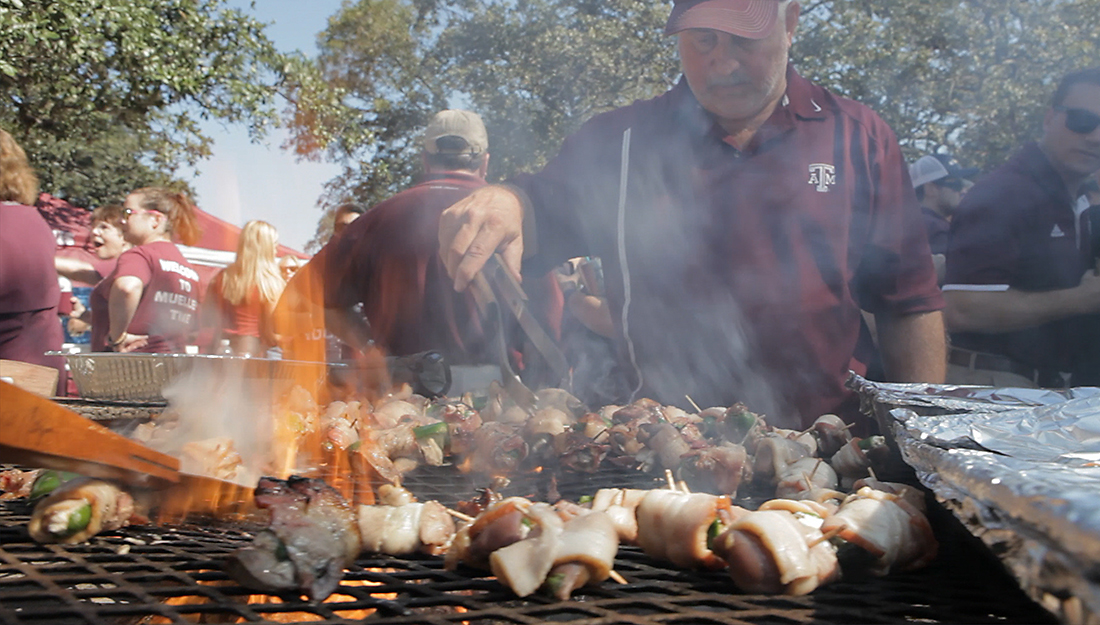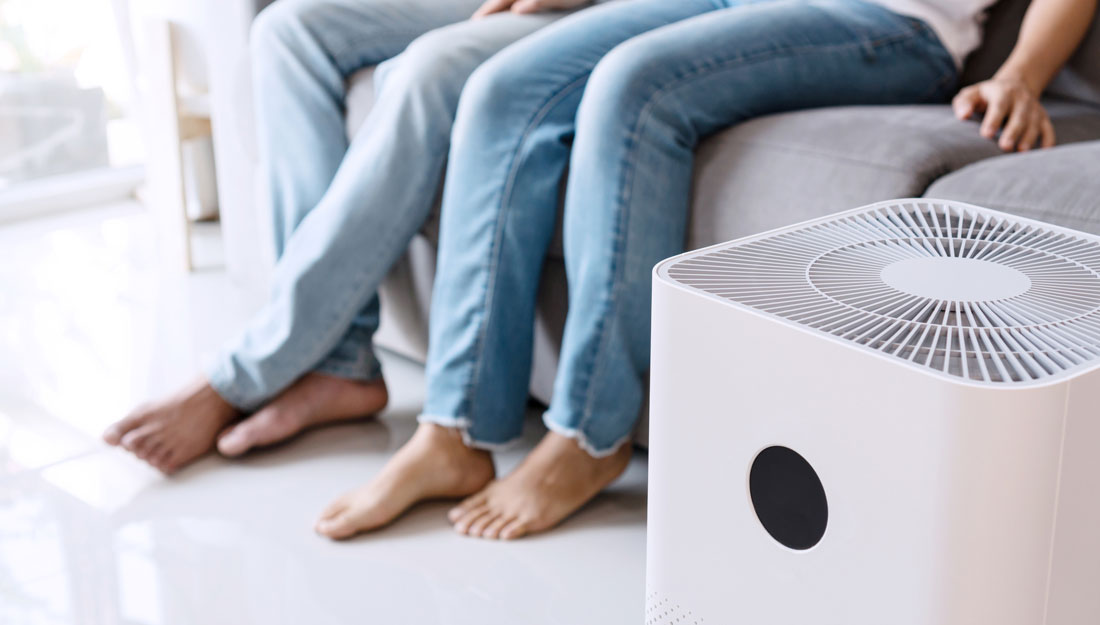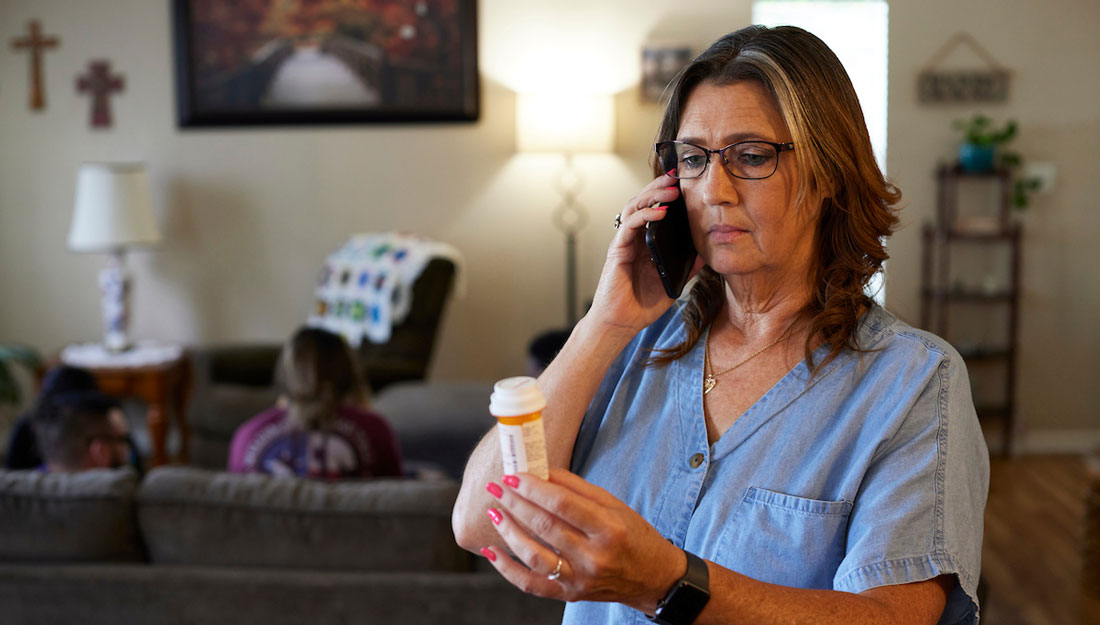- Lasha Markham
- Health Tips, Healthy Living, Medicine, Show on VR homepage
Tailgate responsibly: Tips to avoid illness and injury during the big game
Alcohol, grilling, weather and germs are all things to be mindful of at pre-game or watch parties

When grilling at a tailgate, make sure there's enough clear space around the grill for children and older adults to be at a safe distance from the open flame. (Texas A&M Health Marketing and Communications)
The “boys of fall” are back, which means football tailgate parties are, too. Every weekend this season will see stadium parking lots, parks and backyards filled with fans firing up their grills, cracking open cold ones, showing off their yard game skills and enjoying comradery with fellow followers of the sport.
Alcohol, grilling, sun exposure and food and nutrition choices, however, all possess risks. Paul Ou, MD, clinical associate professor at the Texas A&M University College of Medicine, gives advice for tailgate safety.
Pace yourself
Tailgating brings fun, friends and a few drinks. A little indulgence, Ou said, is perfectly normal. However, people should be cognizant about how, and how much, alcohol they are consuming. Drinking alcohol, he said, is a lot like planning a vacation.
“Vacation is good, but I’m going to have a budget. I’m not going to just say whatever comes up, ‘I’ll just buy whatever,’ right?” Ou said. “I’ll have a schedule and budget, what I’m going to do, where I’m going to go, how much I’m going to eat, how much I’m going to drink and time all that out.”
Similar to vacation, moderation is key, he said. Don’t blow your entire budget in the beginning. Pace yourself and know the limits of your body.
When we drink, we relax and the front part of our brain that controls decisions, anger and coordination also relaxes, he cautioned. Food and water can counteract some of the effects of alcohol.
“Make sure you are well hydrated the day before. As soon as you wake up that morning, drink a big glass of water and be drinking water throughout the day, almost like you’re preparing for it. Because it’ll be hot and if you’ll be drinking alcohol, you’ll be dehydrated,” he explained.
Don’t hesitate to eat carbs, as your body will need the fuel to combat the alcohol. Also, eat plenty of protein and good fruits and vegetables when available. When grilling hamburgers, Ou suggests being generous with onions on the grill to top your burger with. Onions and other vegetables give your body nutrition and fuel to get through the long day.
Maintain control in the red zone
Grilling is a staple in tailgating and can be a fun activity to get nutritious food for the whole group. However, anytime fire is present, there is risk. Ou said to be conscious of where the grill is—and that it is on solid ground—and ensure there are safe zones for children and older adults away from the heat. Not only is there a risk of accidental burns, the heat from the grill can also increase body temperature and exacerbate potential dehydration or heat related illnesses.
Another risk of grilling, especially away from home, Ou said, is food poisoning. “Just cook what you need. It’s fresher, has more vitamins because it’s fresh and it’ll taste better also. So don’t cook a whole bunch and just leave it there for hours,” he said. He also cautioned against certain ingredients, like mayonnaise. If you do choose to eat perishable food, make sure you have a good cooler with plenty of ice to keep it at a food safe temperature. The ice, he continued, could be used later as a cooling mechanism by placing the cubes near or on your body.
Stay cool
Sunburn, heat exhaustion and heat stroke are real threats during early football season, as the heat index can near the triple digits. Water and physical protection, Ou said, are the two best ways to combat sun damage.
“We’re in Texas—now is the time to display your biggest broad-rim hat. That’s why people wore those big guys back then,” he said with a laugh. “So, we can reduce the freckles and blemishes and skin cancers and burning by wearing a hat. Clothing protects us from the sun and darker clothing helps more. I prefer cotton. It’s natural fiber and it breathes. It’s healthiest against the skin.”
Along with clothing, an important part of being outside is sunscreen. New research is showing that many mainstream sunscreens could have carcinogens, Ou said, so titanium dioxide or zinc oxide sunscreens are best to balance protection and minimizing risk. Diaper cream is a more affordable and attainable product for zinc oxide and could be used as a sunscreen in a pinch.
Drink plenty of water. An adult in the sun all day should drink one or two bottles of water per hour to maintain hydration. Ou recommends monitoring your urine color—the lighter it is, the better. He also suggests monitoring the color of your face and skin. When your skin begins looking red or pink in color, it means your body is having a harder time keeping up with cooling. That’s your cue to take a break and sit down in the shade.
“Just little breaks tremendously reduce risk of burn, heat exhaustion, falling down and such accidents,” Ou said.
If you suspect you or someone near you is getting heat exhaustion or stroke, take them to the shade or air conditioning as soon as possible. Get water and find a way to lower their core body temperature. You could drive to a nearby store to seek air conditioning and something to drink. Ou recommends knowing where the nearest grocery store and urgent care centers are in case of emergency. When in doubt, head to the nearest medical facility and seek treatment.
Bring the heat
Although heat is on the forefront of Texans’ minds for half the year, cold is another risk associated with being outside. The body wants to maintain homeostasis, Ou said. Just like heat, proper attire and alertness is vital for preventing temperature-related illness or injury.
When outside in the cold, wear proper ear protection to prevent wind and cold from hitting the eardrum and a vest or coat to protect the central internal organs like the heart and lungs. As with heat, go inside if you suspect you are getting too cold.
You might not think about getting dehydrated in the cold, but Ou said it happens both inside and outside a home. Inside a home, heaters can lower the humidity and dehydrate the body.
No matter if it’s hot, cold or somewhere in the middle, make sure you are protecting your body against temperature-related illnesses.
Be alert in the huddle
Tailgating, watch parties and gatherings with friends and family are a highlight of the fall season. However, the closeness, colder temperatures and less time outside can weaken your immune system and make you more susceptible to illnesses like cold and flu.
When sharing food or eating from buffets, be conscious of germs. Wash your hands regularly and don’t share food and drinks if it can be avoided. Comradery and friendship, Ou said, is a vital piece of overall health, but share memories and laughs, not germs.
Football season brings joy, laughter and fun. By following these tips for tailgate safety, you can help avoid bringing down the mood with illness or injury.
Media contact: media@tamu.edu


